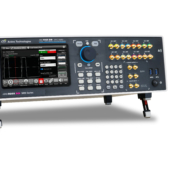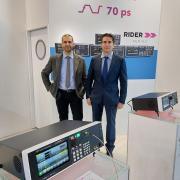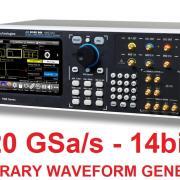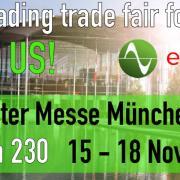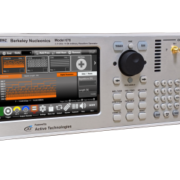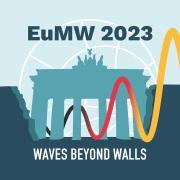Deterministic photon source of genuine three-qubit entanglement
The AWG-5000 Arbitrary Waveform Generator has been adopted by the research center for Hybrid Quantum Networks at The Niels Bohr Institute, University of Copenhagen in Denmark.
Deterministic photon source of genuine three-qubit entanglement
“Deterministic photon sources allow long-term advancements in quantum optics. A single quantum emitter embedded in a photonic resonator or waveguide may be triggered to emit one photon at a time into a desired optical mode. By coherently controlling a single spin in the emitter, multi-photon entanglement can be realized.
We demonstrate a deterministic source of three-qubit entanglement based on a single electron spin trapped in a quantum dot embedded in a planar nanophotonic waveguide. We implement nuclear spin narrowing to increase the spin dephasing time to T2∗ ≃ 33 ns, which enables high-fidelity coherent optical spin rotations, and realize a spin-echo pulse sequence for sequential generation of high-fidelity spin-photon and spin-photon-photon entanglement.
The emitted photons are highly indistinguishable, which is a key requirement for subsequent photon fusions to realize larger entangled states. This work presents a scalable deterministic source of multi- photon entanglement with a clear pathway for further improvements, offering promising applications in photonic quantum computing or quantum networks.”
Yijian Meng, Ming Lai Chan,1 Rasmus B. Nielsen,1 Martin H. Appel,1, Zhe Liu, Ying Wang, Nikolai Bart,2 Andreas D. Wieck,2 Arne Ludwig, Leonardo Midolo, Alexey Tiranov, Anders S. Sørensen, and Peter Lodahl.
Center for Hybrid Quantum Networks (Hy-Q), The Niels Bohr
Institute, University of Copenhagen, DK-2100 Copenhagen Ø, Denmark
The full paper is available HERE
The AWG-5000 can generate sub-nanosecond pulses down to 230 ps reaching a voltage amplitude of 5Vpp on 50 ohm load and fast rise and fall time smaller than 110 ps. The pulses can be generated with any arbitrary shape giving the user the maximum of the flexibility in all the experiment conditions.
Ferrara – Italy, 20.06.2024
